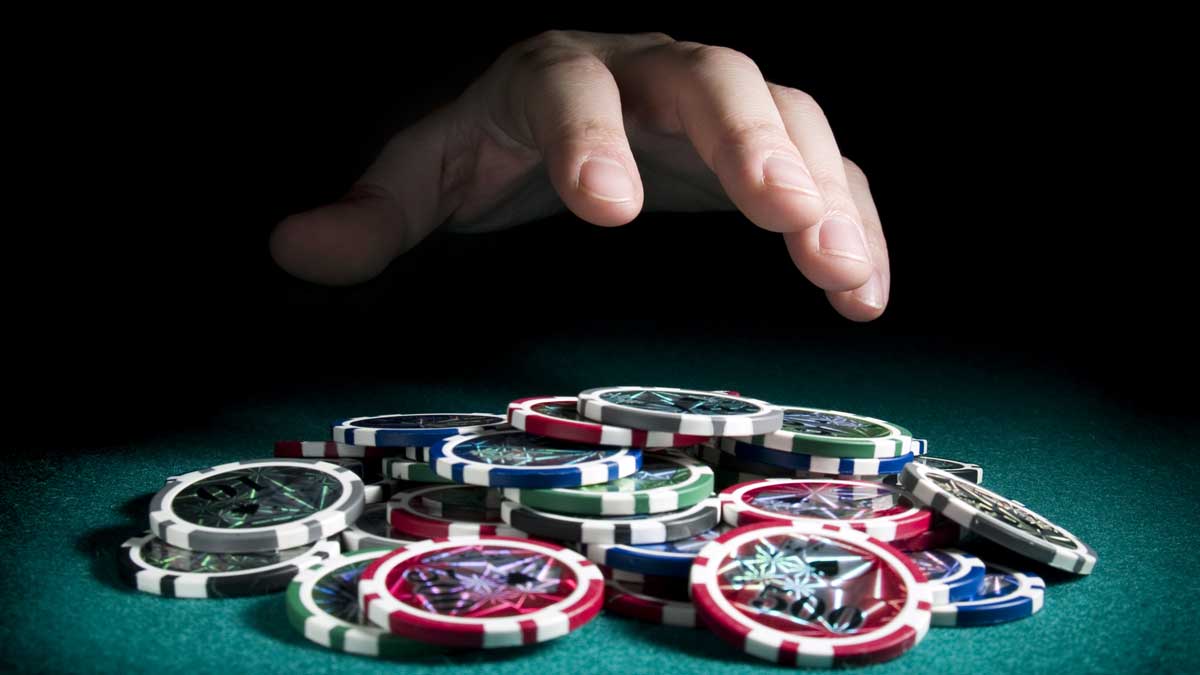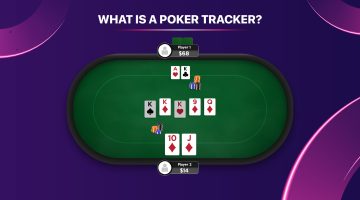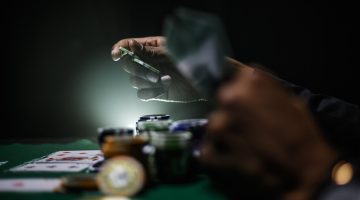
Mastering the Art of Bluffing in Poker
Bluffing is a vital component of poker strategy and should be used wisely as part of your arsenal. But be wary: experienced opponents may hide tells and betting patterns from view; choose the appropriate moment to bluff.
Successful bluffs can have a dramatic effect on the decisions of opponents and give you an immense advantage in the psychological warfare of poker.
Basic bluffing technique
One of the greatest thrills in poker is mastering a successful bluff to make your opponent fold when they had a strong hand. Bluffing has long been romanticized in media coverage and movies alike, with players winning huge pots through successful bluffs at events such as the World Series of Poker or in films. To be effective with your bluffs it is necessary to understand basic bluffing technique first before attempting one yourself.
Before beginning to bluff, it is essential to choose an appropriate bet size based on board texture and your opponents’ hand ranges. Furthermore, be mindful when selecting frequency of bluffing/value-play hands accordingly to game size/exploitative considerations.
An effective bluffer must be both attentive and possess strong hand-reading ability. They should take note of past actions taken by players and how they react to community cards – for instance if an opponent becomes frustrated after getting his or her bluff picked off they might become more aggressive in future hands to try to recover losses.
Bluffing against newbies
Bluffing can be very effective against opponents who do not know how to read body language, such as those who cannot detect nerves in the player they are up against. Touching one’s face or appearing nervous could be telltale signs that one is bluffing; furthermore, players who bluff often show tells in their betting habits and how other react to their bluffs.
Newbies often feel intimidated by more experienced opponents when it comes to bluffing, yet this can be an effective strategy in certain circumstances. A solid player would likely make a high bet without anything on the table before the river, while those holding hands with backdoor draws that could improve later may also prove strong opponents.
However, this form of bluff requires considerable skill in order to work. Therefore, it should only be attempted by world-class players.
Bluffing in pot-limit games
Bluffing is one of the key skills a poker player needs, as it distinguishes winners from losers and breakeven players alike. This comprehensive guide will teach you the fundamentals of how to bluff in pot-limit games; covering 4 key focal points that define an effective bluff, some simple things you should memorize, and giving a framework for approaching future bluffing sessions.
Selecting the ideal opponents to bluff against is paramount to making your bluffs profitable. For instance, avoid bluffing against players who have already made large bets that they are unlikely to call, opting instead to bluff against more likely-to-fold and play cautiously players instead. When making this decision be sure to consider your opponent’s betting history, table image, and position – these will all play an integral part in helping determine whether bluffs should be attempted and how large to bet them on.
Bluffing in tournaments
Bluffing is an integral element of poker strategy. When used properly, bluffing can have a dramatic psychological effect on opponents, making them reluctant to call your bets or play at all – giving you greater control of the game while negatively affecting opponent decision-making processes. But remember: successful bluffing requires planning and strategic execution!
When bluffing in tournaments, it’s crucial to pay attention to both your opponent’s tendencies and betting patterns as well as your own emotions when determining a bet size. Furthermore, some players may become emotional after an unsuccessful bluff attempt and continue playing recklessly in subsequent hands; this indicates a player could be tilting. It would be wiser to try playing against more rational and controlled opponents instead.





